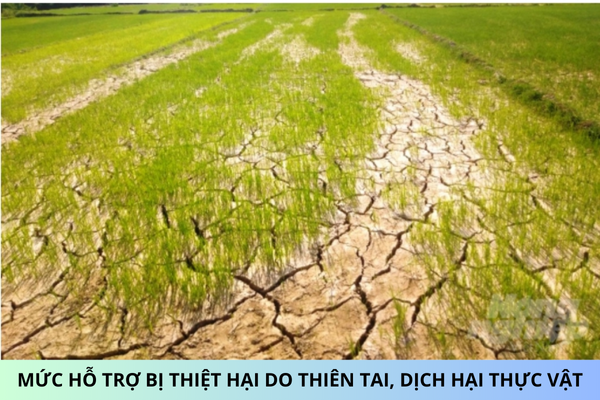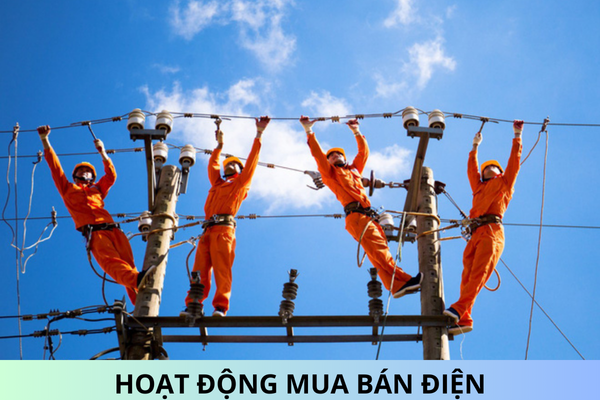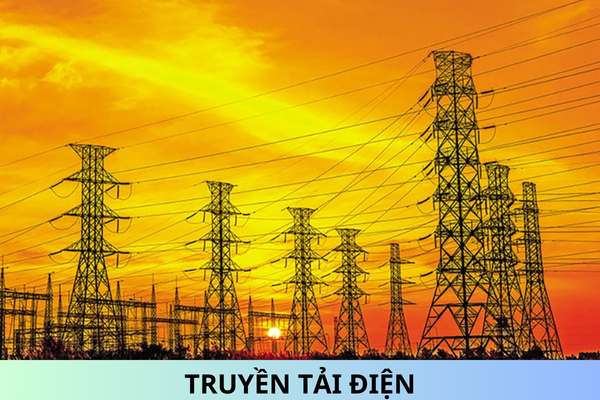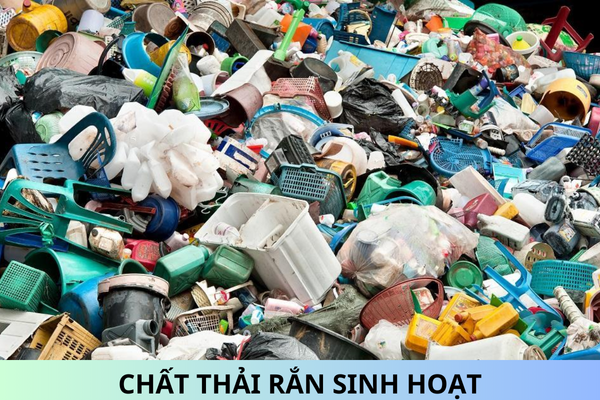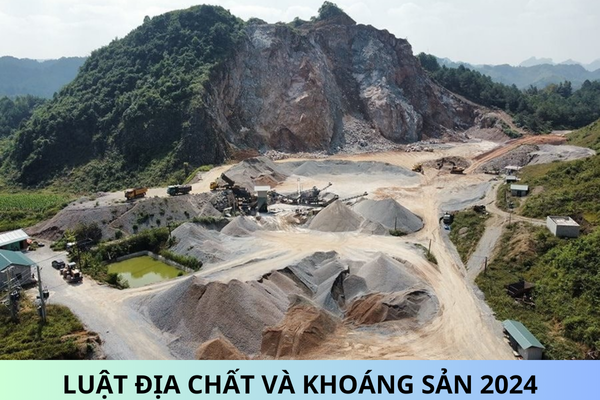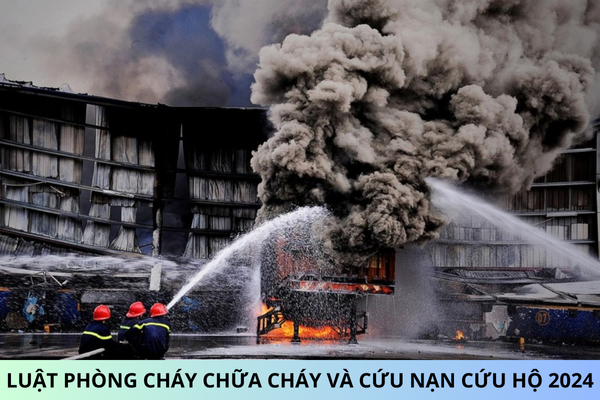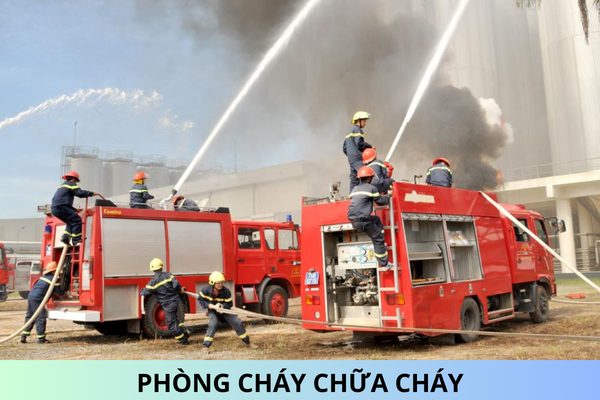What is the oil spill in Vietnam? What is major oil spill in Vietnam?
In oil spill response activities, what is oil spill in Vietnam? What is major oil spill in Vietnam? What is oil spill response in Vietnam?
What is the oil spill in Vietnam? What is major oil spill in Vietnam?
According to Article 3 of the Regulations on Oil Spill Response Activities attached to Decision 12/2021/QD-TTg, there is a provision:
Oil spill means a phenomenon where oil from various storage and transportation equipment, facilities, structures and oil fields is escaped into the natural environment due to technical incident, natural disaster or human activity.
Major oil spill means an oil spill that occurs with a large amount of oil spilled over a wide area, involving many provinces and cities, seriously threatening life, property, environment and health of the people.
What is oil spill response in Vietnam? What is mitigation of consequences of an oil spill in Vietnam?
Also in this Article 3:
Oil spill response means any activity carried out using forces, means, equipment and supplies to promptly handle, eliminate or minimize the amount of oil spilled into the environment.
Mitigation of consequences of an oil spill is any activity aimed at cleaning up soil, water and ecosystem of an oil-contaminated area and any measure taken to limit damage and restore the ecology and environment after each oil spill.
Oil spill response activities encompass all activities from preparation, response, mitigation and remedy for consequences of an oil spill.
Oil spill response plan means a projection of risks and incidents that are likely to cause an oil spill together with response plans in these projected situations, training and drilling programs to ensure the readiness of resources for timely response to an oil spill that may occur in reality.
What are regulations on Oil spill response principles in Vietnam?
Oil spill response principles are specified in Article 4 of this Decision, specifically:
1. Actively develop plans, invest in equipment and contracts to get ready to respond to oil spills that may occur.
2. Take charge of receiving and processing information on oil spill incidents in a timely manner, prioritize provision of information for response activities, and promptly report to competent authorities if the incident is beyond the response capacity.
3. Coordinate and mobilize all resources to improve the effectiveness of oil spill preparedness and response with priority given to victim rescue and environmental protection.
4. Actively perform response activities near the source of oil spills to prevent and limit oil from being spilled into the environment. Closely monitor the risk of spread of spilled oil towards the shoreline to determine the order of priority and take measures to protect prioritized protection areas.
5. Ensure fire safety and prevention while carrying out response activities.
6. Uniformly command, cooperate and closely collaborate with forces, means and equipment participating in response activities.
7. The responsible party must be held responsible for compensating for damage caused by oil spills according to the provisions of law.
Best Regards!
